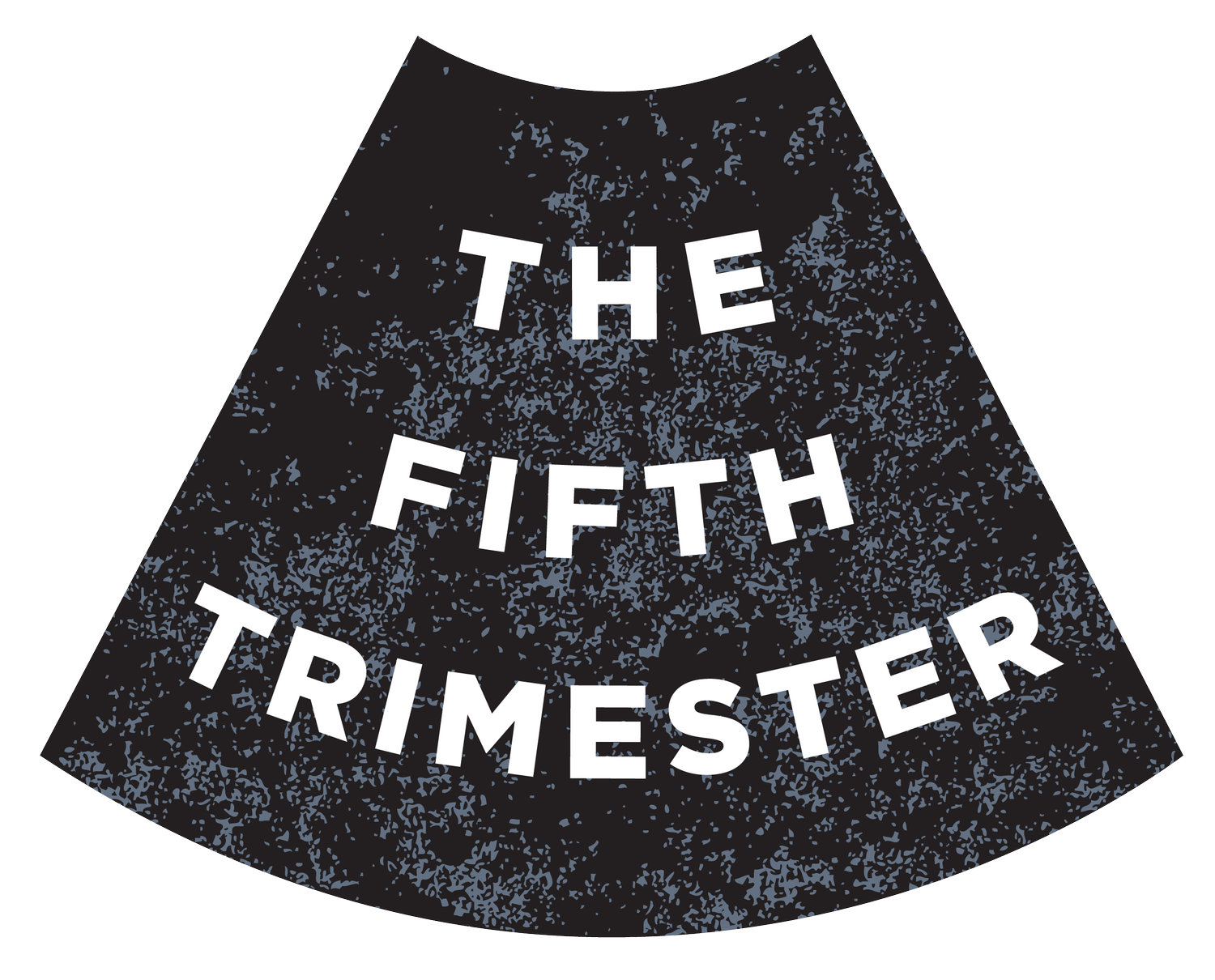The largest study ever on postpartum depression is launching now, as reported by Kelly Wallace for CNN, and researchers need 100,000 new moms to sign up to make inroads on the mood disorders that are estimated to affect (conservatively) 1 in 7 mothers.
Here's what's so genius: All you have to do to participate is download a free phone app. It'll take you through the 10 questions of the classic Edinburgh Postnatal Depression Scale and give you a score (along with referrals and resources if you need them). Women with symptoms deemed moderate to severe will then be asked if they'd like to be a part of the genetic study for which they'll be sent a saliva sample collection kit.
I have to add here that, while researching my book, I took the Edinburgh test and found some of the language to be confusing. Here's Question 4:
I have been anxious or worried for no good reason
- no, not at all
- hardly ever
- yes, sometimes
- yes, very often
It's the "no good reason" part that gets me. Because, while I'm sure some lovely Scottish scientist, years ago, meant well, I can tell you when you're in the throes of postpartum anxiety, every reason that has to do with keeping a newborn alive-and-fed-and-breathing feels like a good reason. That might have led me to underrepresent my anxiety in my answer. When I complained about this to Wendy N. Davis, PhD, who runs the awesome Postpartum Support International, she gave this great perspective: "It's translated from the British!" she says. "You don't want to overthink it. If you are even tempted to take a quiz like this, that in itself is a sign to seek further support and help."
In other words: Get the app. For your sake, for your friends' sake, for your daughter's sake one day.




